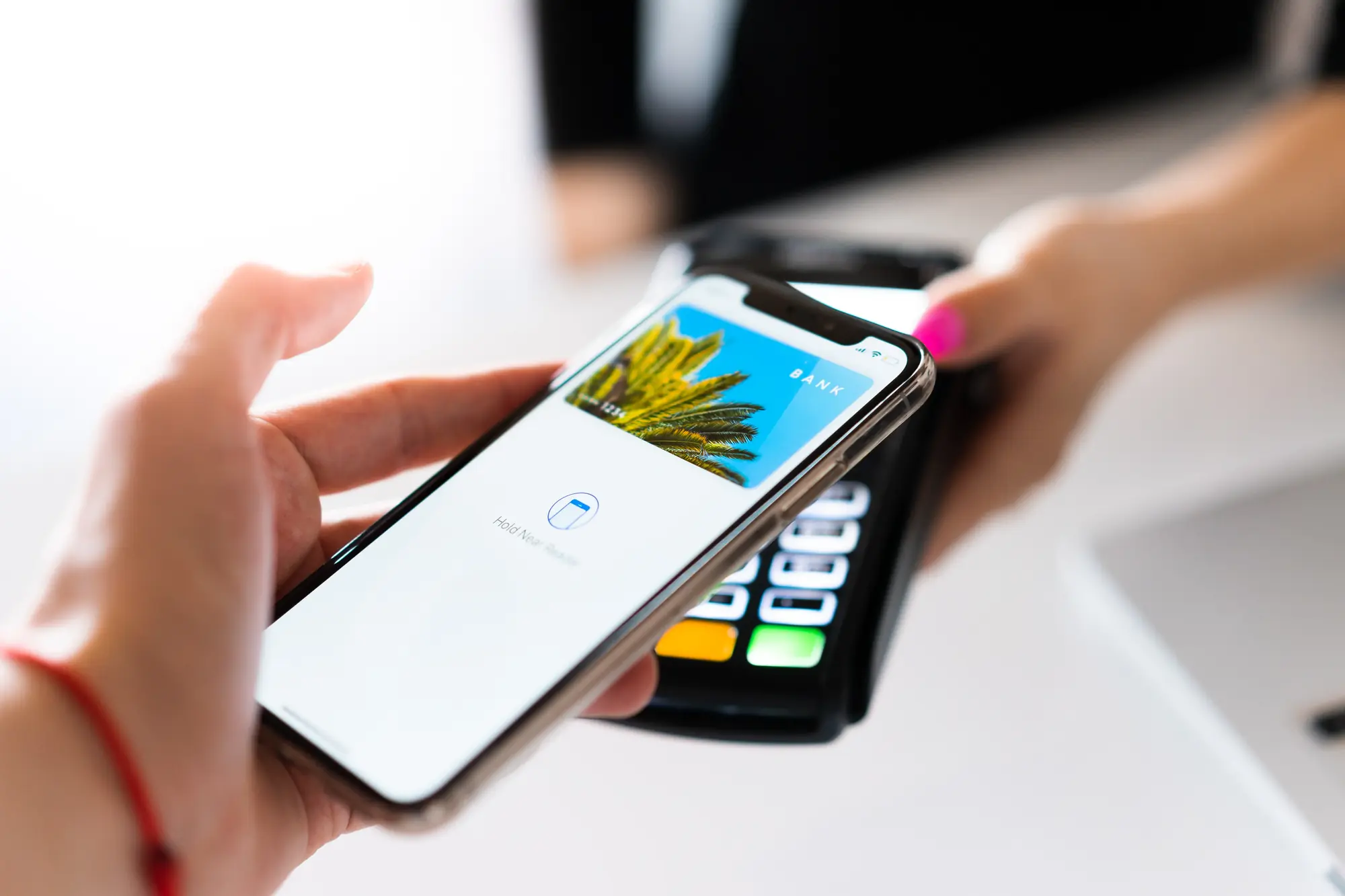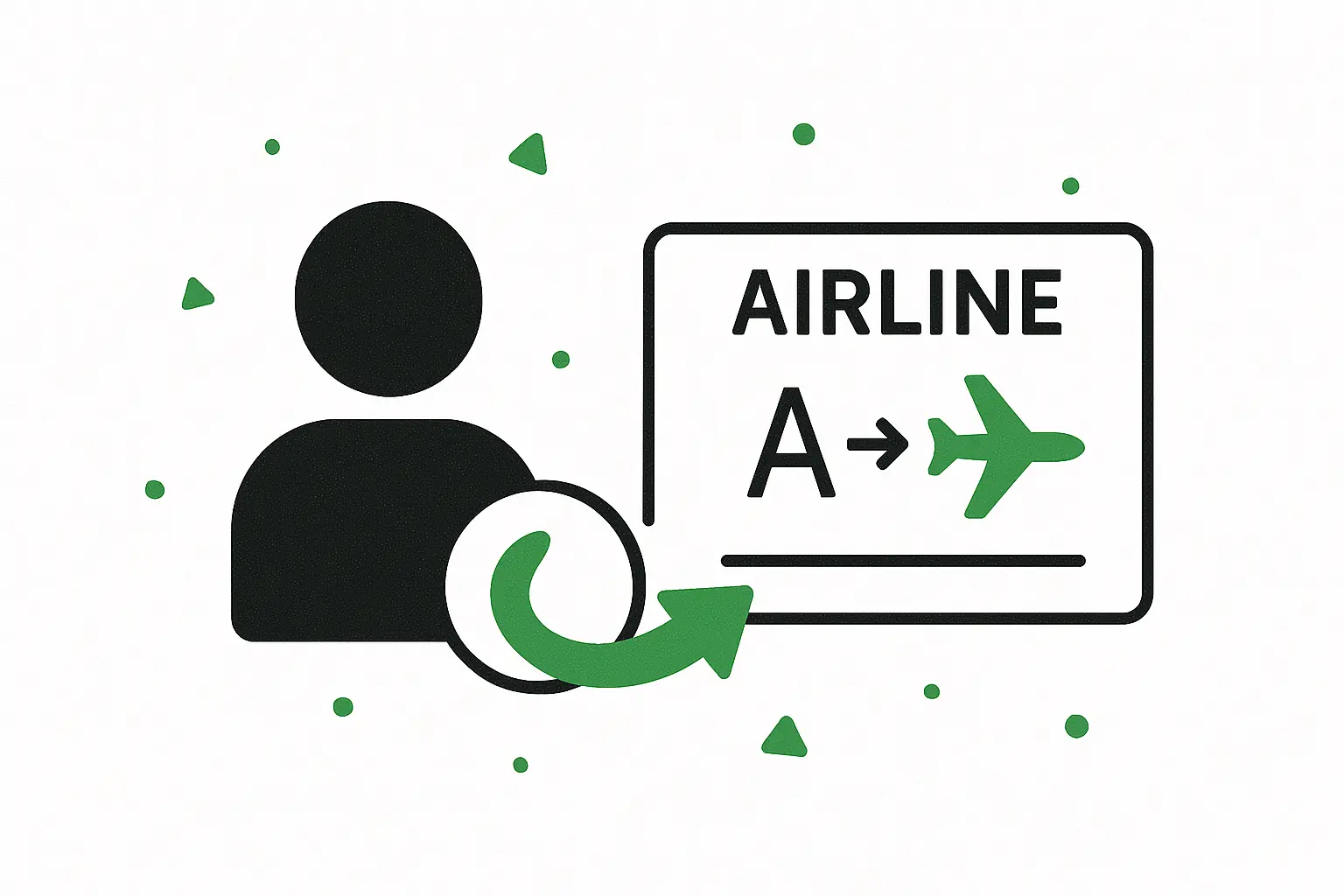Can You Really Use Someone Else’s Airline Miles?
Yes, you absolutely can use someone else’s airline miles in most cases! It’s not a loophole or a hack—it’s a standard feature of most airline loyalty programs. Airlines like American Airlines, Delta, United, and Southwest allow members to book award tickets for anyone, no relation required. International carriers like British Airways, Air France/KLM, Emirates, and Qatar Airways typically follow suit. As one frequent flyer shared on Reddit, “I’ve booked flights for my sister’s honeymoon and my parents’ anniversary trip using my miles. It’s super easy—you just need their details.”
That said, there’s a key distinction to understand: “using” someone else’s miles usually means they book a ticket in your name with their miles. This is different from transferring miles to your account (which often comes with steep fees) or using their frequent flyer number for your flights (a big no-no that can get their account in trouble). While most airlines are flexible, some, like Qantas, restrict redemptions to family members, so always check the specific program’s rules.
Why do airlines allow this? It’s all about loyalty. When members can gift travel to loved ones, they’re more likely to keep earning miles through flights or co-branded credit cards. But a word of caution: while gifting is fine, selling or bartering miles is strictly against airline policies. Airlines have eagle-eyed auditing teams that can spot suspicious activity, and consequences can include losing the account and any booked tickets. Stick to legitimate gifting, and you’re in the clear.
Here’s what you need to know about eligibility:
- Most airlines allow it: Major U.S. and many international carriers let members book for anyone.
- Some restrictions apply: Certain Asian airlines, like Qantas, may limit redemptions to family members.
- No trading allowed: Selling or bartering miles can lead to account suspension or ticket cancellation.
The Simplest Way: Let Them Book the Ticket for You
The easiest, most wallet-friendly way to use someone else’s airline miles is to have them book the flight directly for you through their frequent flyer account. No fuss, no fees, just a straightforward process that feels like booking any other award ticket. Your generous friend logs into their account, searches for available flights, and enters your details as the traveler. As Point.me puts it, “It’s as simple as booking your own flight—just swap in someone else’s details.”
I remember the first time my cousin booked a flight for me using her miles. I was skeptical, expecting a complicated process, but she handled it in ten minutes while we chatted over coffee. She logged into her Delta account, found a flight to Chicago, typed in my name and passport number, and voilà—my ticket was booked. The confirmation landed in my inbox, and I was ready to pack my bags.
Here’s what the mile-owner needs from you to make it happen:
- Your full legal name (exactly as it appears on your ID or passport)
- Your date of birth (some airlines require it)
- Your passport number (for international flights)
- Your contact info (email and phone number for booking updates)
It’s also a smart move to share your own frequent flyer number for the airline, even if you’re not a frequent traveler with them. This lets you earn miles for the flight itself and access basic perks like free seat selection, if available. Pro tip: make sure the confirmation email goes to your inbox (or that you have the record locator) so you can manage seat assignments, check-in, or changes directly. Taxes and fees, which can range from $5.60 for a domestic one-way to hundreds for international business class, can be paid with any credit card—yours or theirs, depending on what you agree on.
If your friend prefers old-school methods, they can call the airline to book, though some charge a phone booking fee (easily avoided online). Want to help your mile-donor keep earning? Point them to our tool to find the best credit card for their travel habits, ensuring more miles for future adventures.

When Does Transferring Miles Make Sense?
Transferring miles between accounts sounds tempting, but it’s rarely the best choice. Most airlines charge hefty fees that eat into the value of the miles. For example, transferring 25,000 miles (enough for a domestic round-trip economy ticket) could cost you:
- American Airlines: $125 (0.5 cents per mile)
- Delta: $280 (1 cent per mile + $30 fee)
- Southwest: $250 (1 cent per point)
- United: $405 (1.5 cents per mile + $30 fee)
Given that miles are typically valued at 1–1.5 cents each, these fees often make transfers a bad deal. As my friend Sarah learned the hard way, she paid $200 to transfer Delta miles for a flight worth $250—hardly a win. Point.me sums it up: “American Airlines is the least bad option, but it’s still usually not worth it.”
So, when does transferring make sense? Here are a few scenarios where it might be worth considering:
- Topping off your account: Need just 5,000 more miles for a dream business-class seat? A small transfer (say, $25–$75) could seal the deal.
- Saving expiring miles: If someone’s miles are about to expire and there’s no other way to keep them active, a small transfer might save the whole stash.
- Family pooling programs: Airlines like JetBlue, United, Air Canada, and British Airways offer family pooling, letting you combine miles with minimal or no fees.
Another option? If your friend has flexible credit card points (like Chase Ultimate Rewards, American Express Membership Rewards, or Capital One Venture miles), they can transfer those to an airline partner where you have an account. This skips airline transfer fees and can be a game-changer. Our guide to transfer partners dives deeper into maximizing these options.
The takeaway? Stick to direct bookings whenever possible—transfers are a last resort.
Navigating Airline Program Differences
Every airline’s loyalty program has its own personality, and knowing their quirks can make or break your experience. Here’s a friendly rundown of what to expect from major players, plus some international and specialized options.
Major U.S. Airlines
Last summer, my brother used his American Airlines miles to book me a flight to Miami. It was seamless, but I learned each airline has unique perks and limitations:
- American Airlines AAdvantage: Book for anyone, no strings attached. Their transfer fees are the lowest (0.5 cents per mile), and they occasionally offer discounted award tickets, stretching miles further.
- Delta SkyMiles: Book for anyone, but transfers are pricey (1 cent per mile + $30). Delta’s dynamic pricing means mile costs vary, so check often for deals.
- United MileagePlus: Book for anyone, and their Family Sharing lets up to eight family members pool miles. Transfer fees are steep (1.5 cents per mile + $30).
- Southwest Rapid Rewards: Super flexible—book for anyone. If your friend has a Companion Pass, you could fly for just taxes and fees when they book their own ticket.
- JetBlue TrueBlue: Book for anyone, and their Points Pooling lets families combine points for free—a rare gem.
International Airlines and Special Programs
International carriers can be trickier but offer great value, especially for short-haul or premium flights:
- British Airways Executive Club: Book for anyone, but Household Account users must add non-family to a “Family & Friends” list first. Avios points shine for short flights, like London to Paris.
- Air Canada Aeroplan: Family Sharing for up to eight members makes pooling miles easy. Great for Star Alliance redemptions.
- Qantas Frequent Flyer: Stricter—redemptions are often limited to family. Check eligibility before planning.
Other Considerations
If your friend’s miles come from credit card points, programs like Chase, Amex, or Capital One offer flexibility by transferring to multiple airlines. Also, if they have elite status, don’t expect perks like priority boarding to carry over to you—though some airlines make exceptions for family. Our transfer partners guide can help you strategize.

The key? Talk to your mile-donor about their program’s rules and have your details ready to make booking a breeze.
Dodging Common Pitfalls
Using someone else’s miles is usually smooth, but a few missteps can turn your free flight into a headache. My friend Lisa once forgot to double-check her name on a ticket booked with her dad’s miles, and fixing it cost a $100 fee. Here’s how to avoid common traps:
- Don’t sell or barter miles: Airlines strictly prohibit this. Per One Mile at a Time, violations can lead to account closure and canceled tickets. Keep it legit.
- Avoid frequent flyer number misuse: Using someone else’s frequent flyer number for your flight is a no-go. As a Stack Exchange user noted, “Airlines check names against FF numbers. Don’t risk it.”
- Double-check passenger details: Name changes after booking are tough or costly. Ensure your full legal name and passport details are correct upfront.
- Communicate clearly: Agree on booking timelines, as award seats vanish fast. Provide all info promptly and confirm who gets the booking confirmation.
- Show gratitude: Miles are hard-earned, so a heartfelt thank-you (or covering taxes and fees) goes a long way.
Planning tips to keep in mind:
- Be flexible: Award seats are limited, especially for peak times. Flexibility with dates or destinations helps.
- Book early: Many airlines release award seats 11 months out, and they go fast for popular routes.
- Budget for taxes and fees: These range from $5.60 (domestic) to hundreds (international premium cabins). Clarify who’s paying.
- Check cancelation policies: Some airlines allow free changes; others charge. Know the rules before booking.
Our tool can guide your mile-donor to the best credit card for their travel goals, ensuring they keep earning valuable points.
Quick Takeaways
- Easy booking: Most airlines let members book flights for anyone using their miles—no relation required.
- Direct is best: Have the mile-owner book your ticket to avoid transfer fees.
- Transfer costs: Fees range from 0.5–1.5 cents per mile, often making transfers a poor choice.
- Family pooling: Programs like JetBlue, United, and British Airways offer low- or no-fee pooling for families.
- Credit card points: Chase, Amex, and Capital One points can transfer to airline partners, offering flexibility.
- Earn your own miles: Add your frequent flyer number to the booking to earn miles for the flight.
- Avoid policy violations: Selling miles or misusing frequent flyer numbers risks account penalties.
- Plan ahead: Book early and be flexible to snag award seats.
Conclusion
Using someone else’s airline miles feels like unwrapping a gift—a chance to travel without breaking the bank. Whether it’s a quick domestic hop or a far-flung adventure, the process is usually as simple as your friend booking a ticket in your name through their frequent flyer account. Skip transfers unless absolutely necessary, as fees often outweigh the benefits. Each airline program has its own flavor, so a quick check of their rules can save you headaches. Above all, remember that those miles represent someone’s time, travel, or spending—a generous act worth appreciating. Maybe one day you’ll return the favor with miles of your own.
Ready to dive into the points game yourself? Our tool can help you pick the perfect travel rewards card for your next destination. Want to master point transfers? Check out our transfer partners guide. Here’s to new adventures, whether on someone else’s miles or your own!
FAQs
Q: Can I use someone’s frequent flyer number for my flight?
A: No, this violates airline policies. The frequent flyer number must belong to the traveler. Misuse can lead to forfeited miles or penalties.
Q: Do I need to be related to use someone’s miles?
A: Not for most U.S. and European airlines—they allow bookings for anyone. Some airlines, like Qantas, restrict to family, so check the rules.
Q: Can I earn miles on a flight booked with someone else’s miles?
A: Yes! Add your own frequent flyer number to the reservation to earn miles based on the flight’s distance or fare.
Q: What if I need to change or cancel the flight?
A: Policies vary. Refunded miles go back to the original account. You or the account holder can manage changes with the booking reference, but fees may apply.
Q: Can credit card points be used directly for my flight?
A: Yes, through travel portals like Chase or Amex, but transferring points to airline partners often yields better value. See our transfer partners guide.
Got a story about traveling on someone else’s miles? Drop it in the comments—we’d love to hear! Happy travels!
Disclaimer: Always use credit responsibly. This guide is for informational purposes only and does not constitute financial advice.
